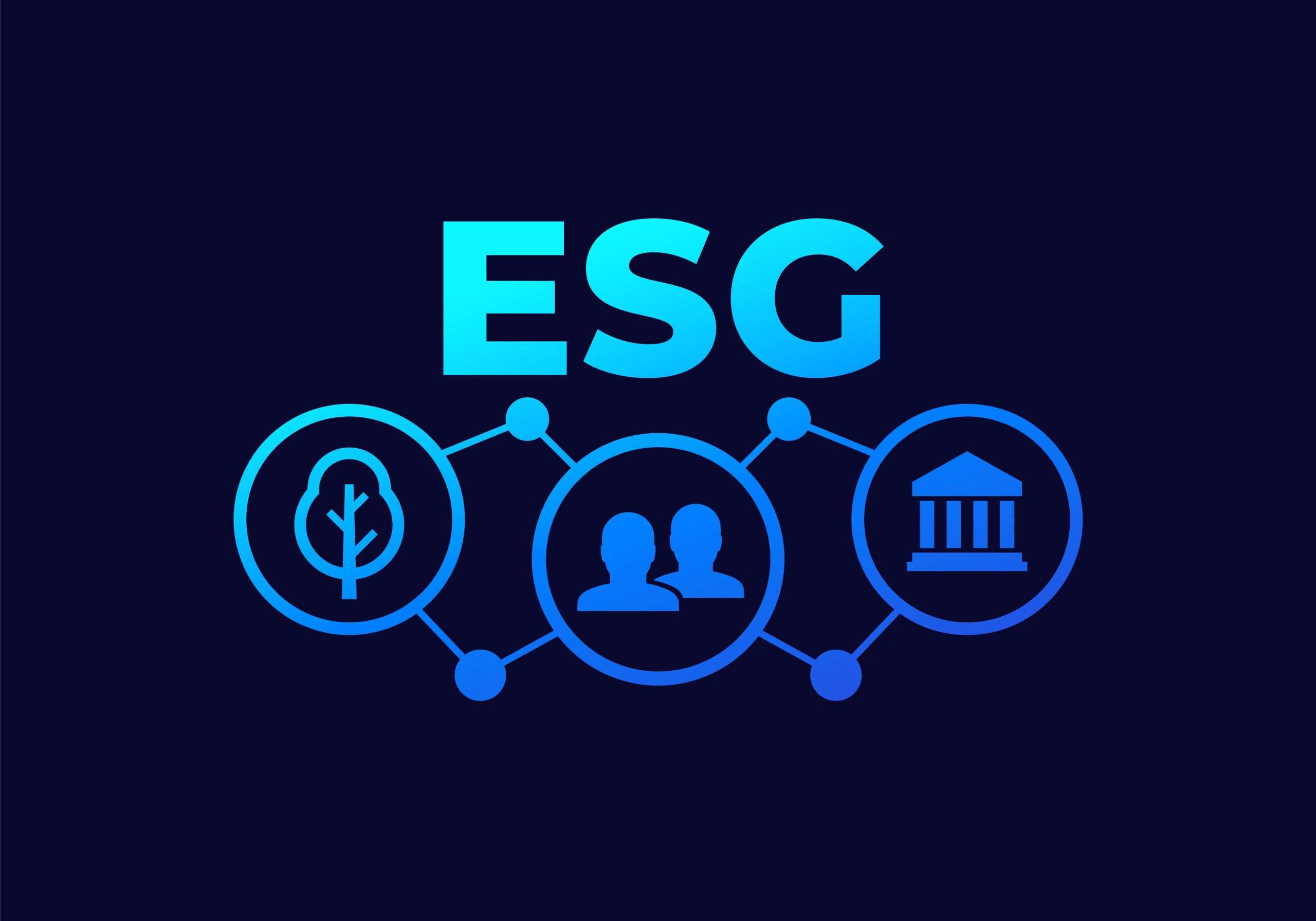In today’s ever-evolving business landscape, where ESG considerations hold increasing significance, it is essential to shed light on the critical issue of ESG ratings. This discussion is prompted by the recent announcement that S&P will no longer include ESG indicators in their credit reports, a decision that carries significant implications for businesses, investors, and the broader sustainability ecosystem.
Why ESG Ratings Matter
To appreciate the gravity of this decision, we must first understand the profound importance of ESG ratings. These ratings play a pivotal role in holding companies accountable for their environmental and social impacts. Moreover, ESG ratings serve as guiding beacons for investors, enabling them to make informed decisions that align with their ethical and sustainability goals. Additionally, these ratings encourage businesses to adopt more responsible and sustainable practices, contributing to a brighter and more sustainable future.
The Challenge of ESG Rating Diversity
However, the challenge arises not from the concept of ESG ratings itself, but from the manner in which they are determined and disseminated. The ESG rating landscape is marred by a lack of uniformity and standardization. This diversity of interpretations makes it exceptionally challenging to compare one company’s ESG performance with another’s, hindering the effective evaluation of sustainability efforts.
The Case for Regulatory ESG Standardization
At Permutable AI, we firmly believe that regulatory standardization is imperative in this context. ESG ratings should not solely originate from private entities. Instead, regulatory bodies and governmental organizations should take a lead role in establishing a unified, transparent, and universally accepted standard.
Standardization is of paramount importance because it provides a level playing field for businesses, ensuring that ratings are consistent and reliable. It also facilitates more accurate comparisons, enabling investors to make well-informed decisions. Without regulatory standardization, ESG ratings risk becoming an ambiguous and fragmented set of metrics, undermining their effectiveness.
Reliability and Transparency of Permutable AI’s Data
One distinctive aspect of Permutable AI’s approach is the reliability and transparency of the data we provide. Unlike traditional rating agencies, our data is real-time and shows progress over time. This real-time insight allows businesses and investors to track ESG performance and improvements continuously. It offers a dynamic perspective, aligning with the fast-paced nature of today’s business environment.
The Role of South East Asia in ESG Standardization
In the context of South East Asia, several regions, including Hong Kong and Singapore, are actively developing principles for climate transition plans and green taxonomies to support standardization efforts. These initiatives mark a significant step towards regional alignment with international ESG standards. By harmonizing their approaches and collaborating on ESG standardization, South East Asian nations can contribute to a more globally consistent framework, making it easier for investors and businesses to navigate the complexities of ESG assessments.
S&P’s Prudent Decision
S&P’s noteworthy decision to temporarily withdraw ESG rating is from our perspective, a prudent one. It underscores the substantial variance between different ESG rating providers and emphasizes the need for reliability in these assessments. The decision to reintroduce ESG ratings once standardized and reliable frameworks are in place is a sensible course of action that will enhance their utility and impact.
Other Perspectives from Across the Industry
It is important to note that various perspectives exist across the industry regarding the path forward for ESG ratings. While some advocate for government-led standardization, others argue for a more market-driven approach, emphasizing the role of competition in refining ESG metrics. These differing viewpoints underscore the complexity of the issue and the need for robust discussions to arrive at effective solutions.
Permutable AI’s Unique Perspective
At Permutable AI, we offer a unique perspective on ESG ratings. Our approach incorporates public perception, providing an additional layer of insight to the conversation. We firmly believe that once a robust framework is agreed upon, artificial intelligence can play a pivotal role in scaling up transparent and comprehensive ESG assessments, further enhancing the accuracy and reliability of ratings.
Final Thoughts on ESG Standardization
ESG ratings are undeniably indispensable in our quest for a more sustainable future. However, the path towards standardization is fraught with challenges and differing viewpoints. To ensure the credibility and effectiveness of ESG ratings, it is crucial that we continue to collaborate, engage in constructive debates, advocate for regulatory standardization where necessary, and work diligently towards a future where ESG ratings are not just essential but also uniformly reliable. Together, we can create a more sustainable and equitable world.
